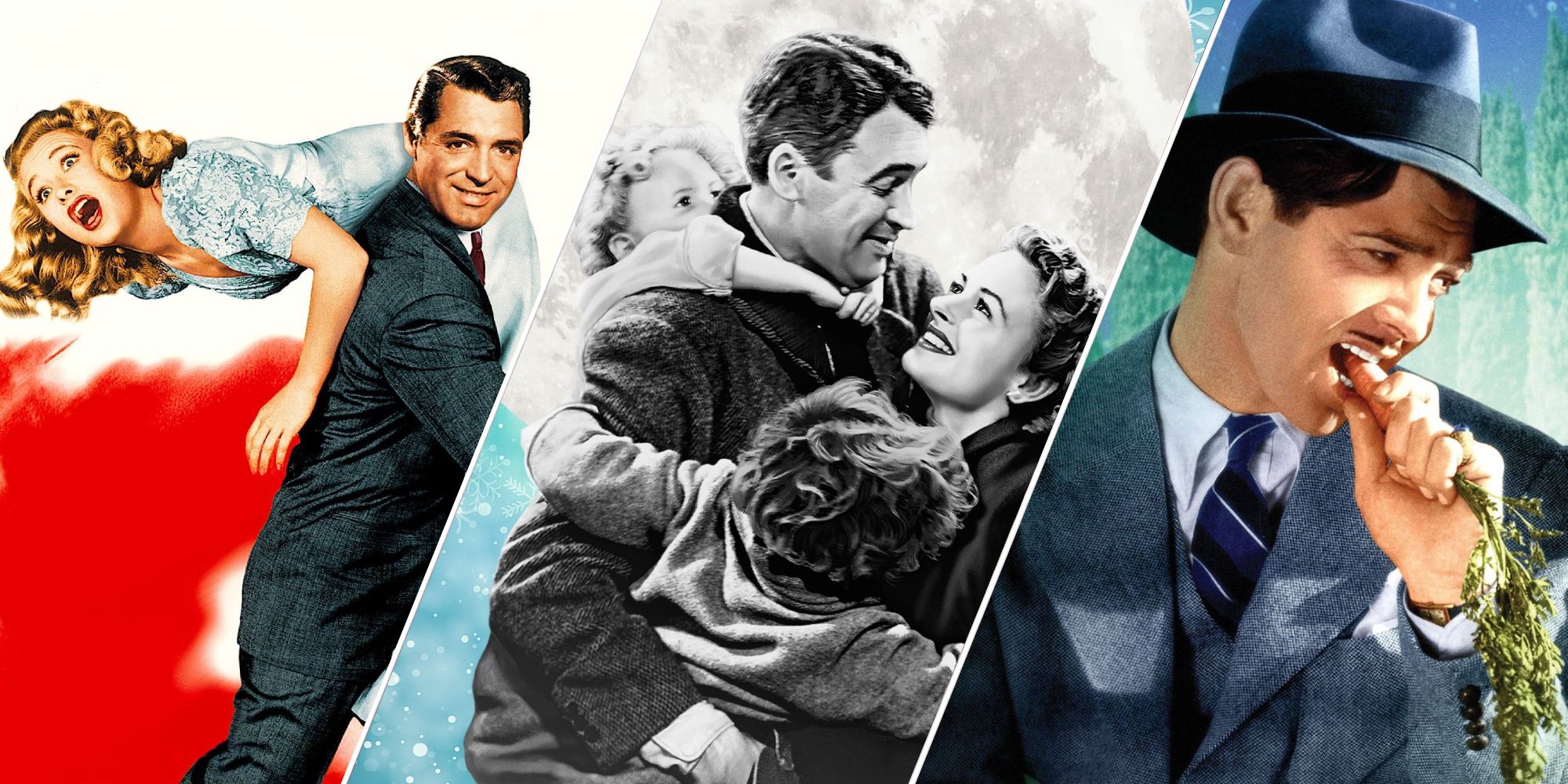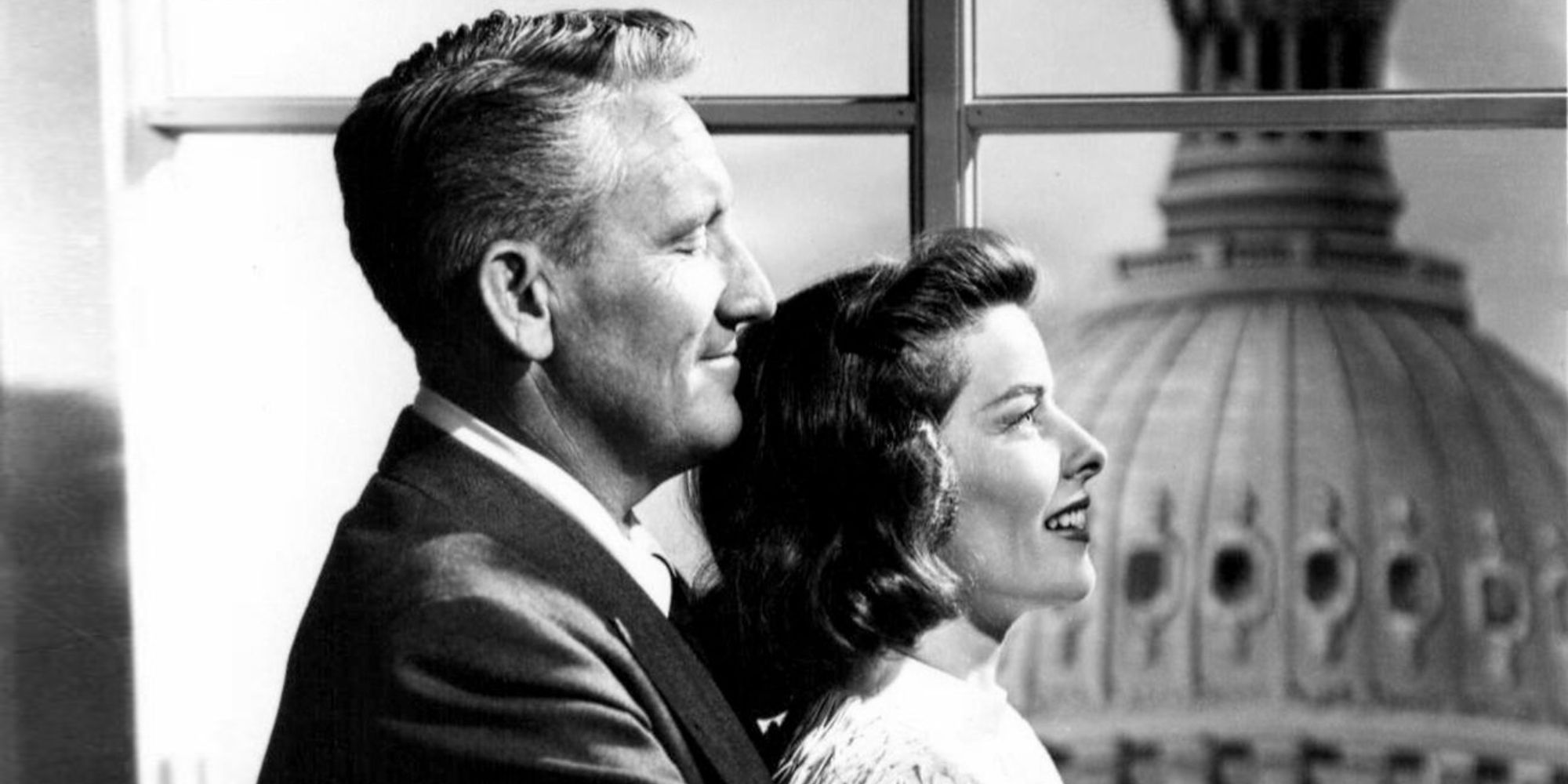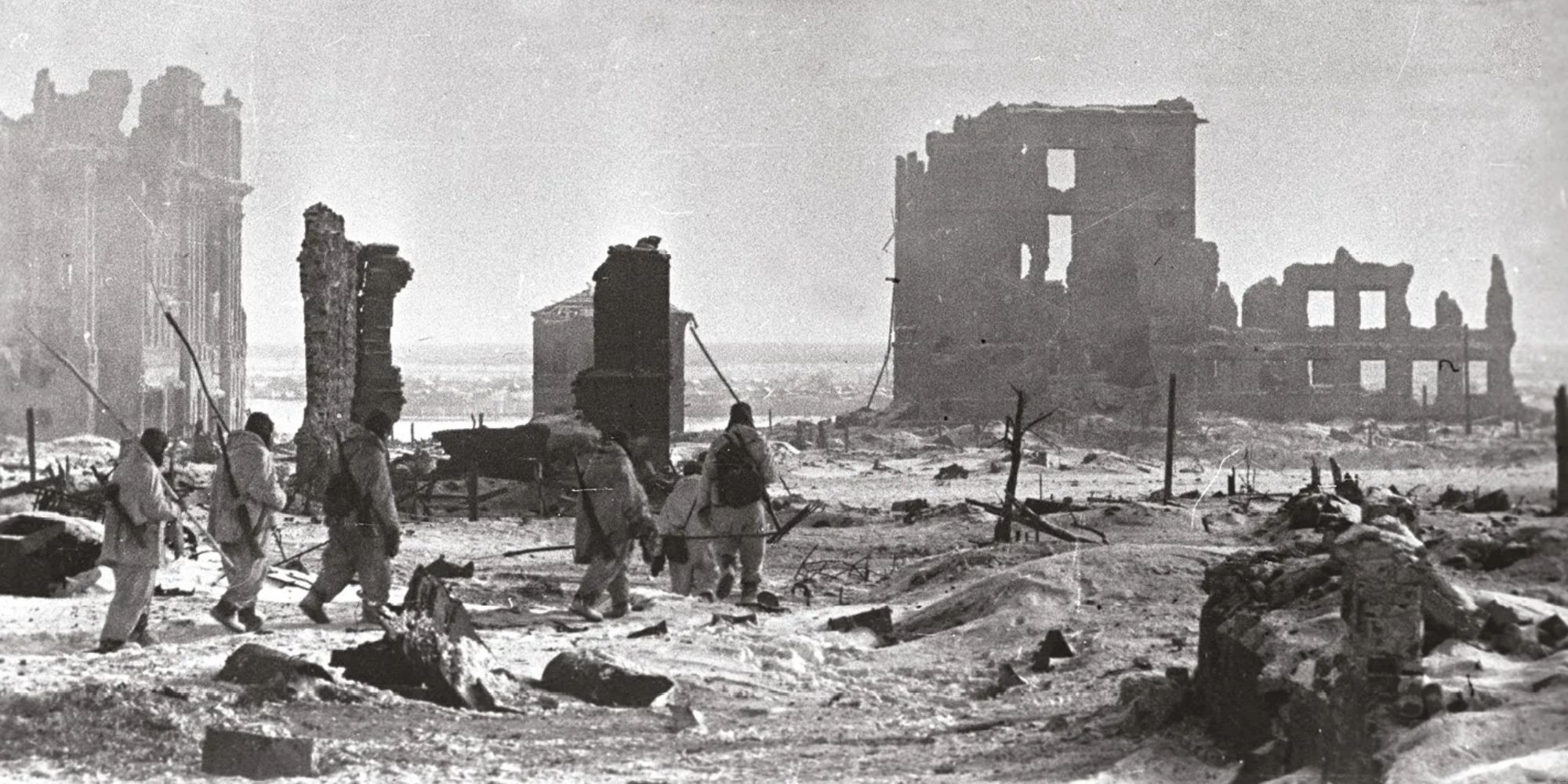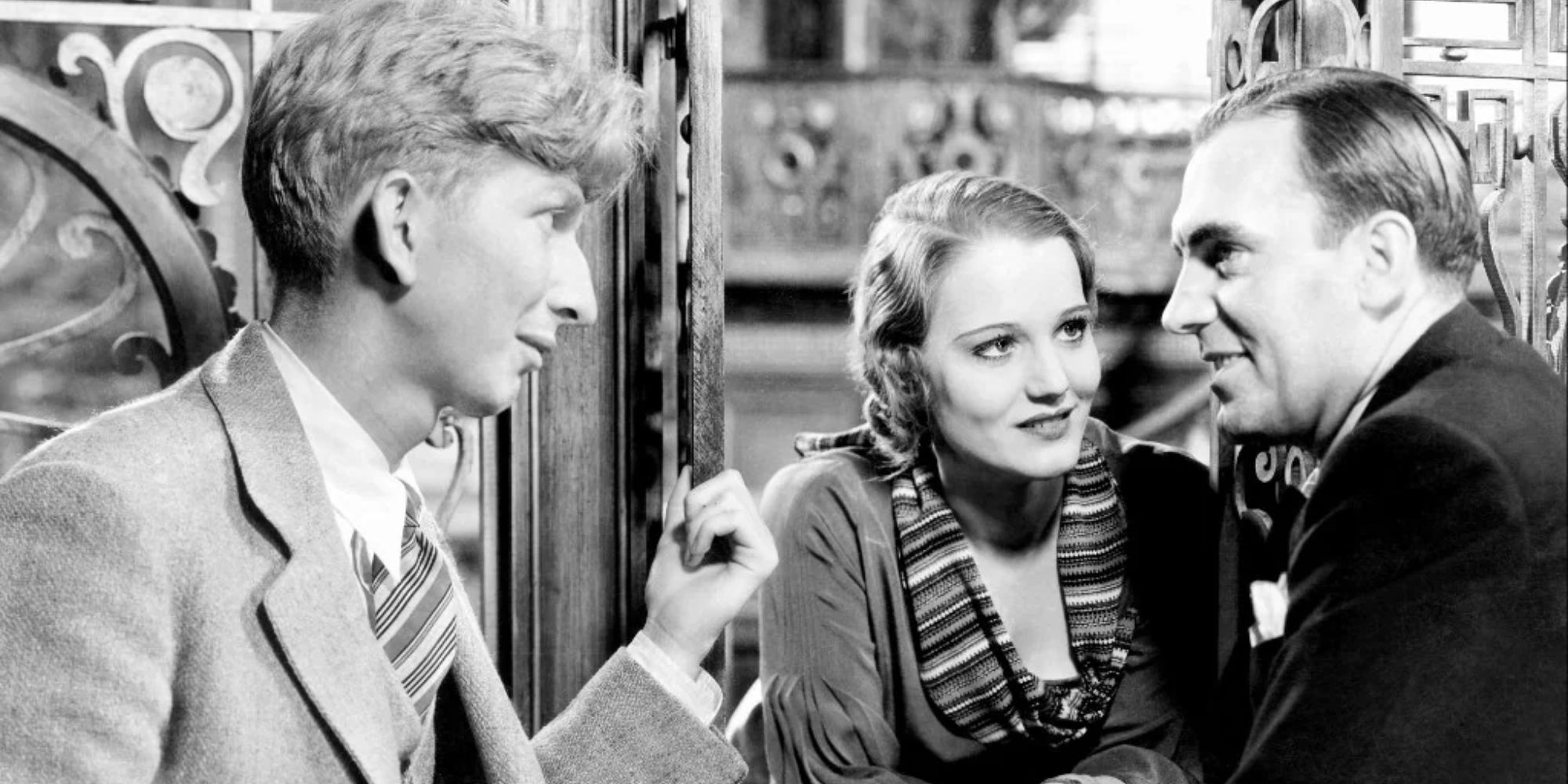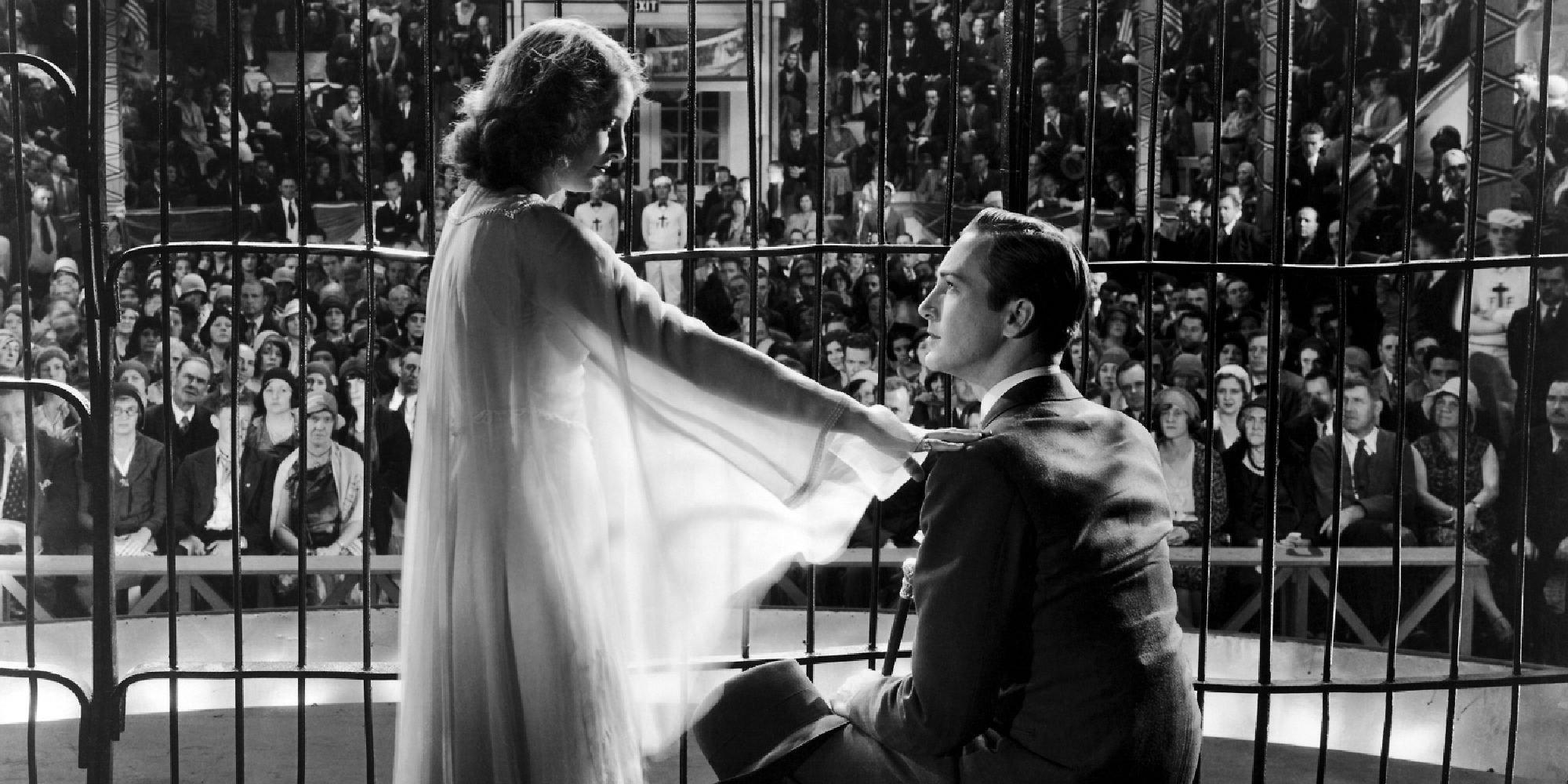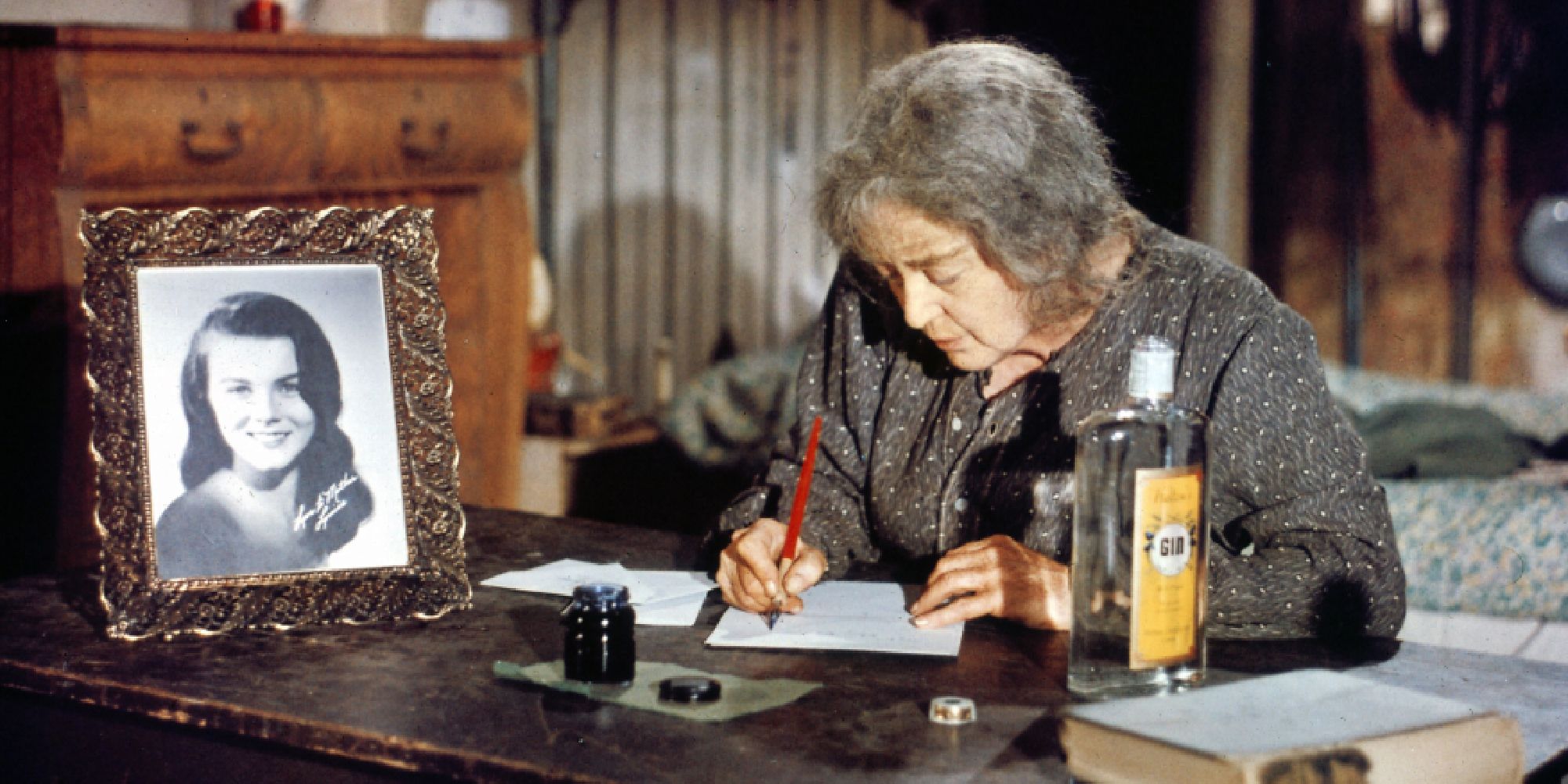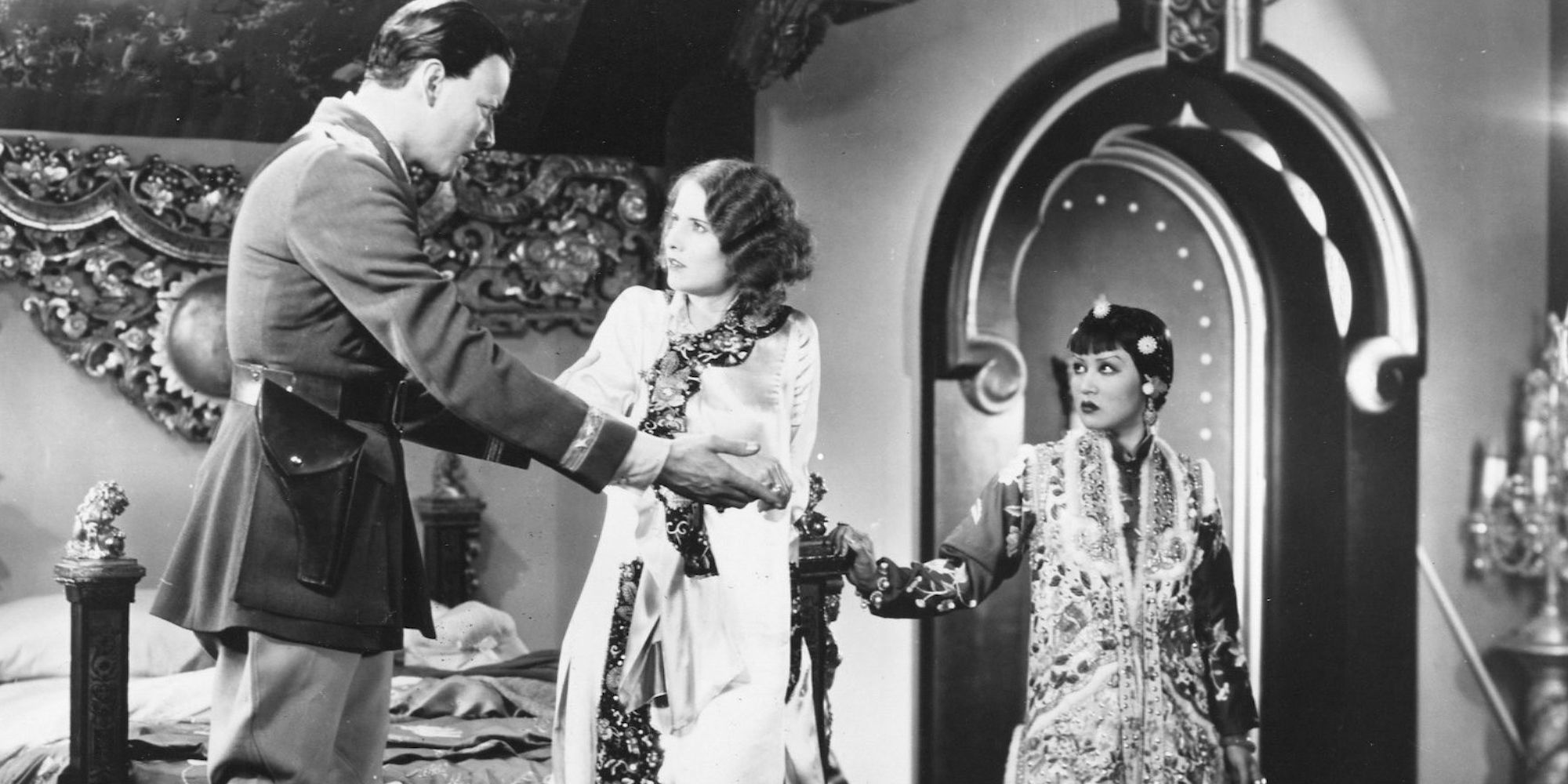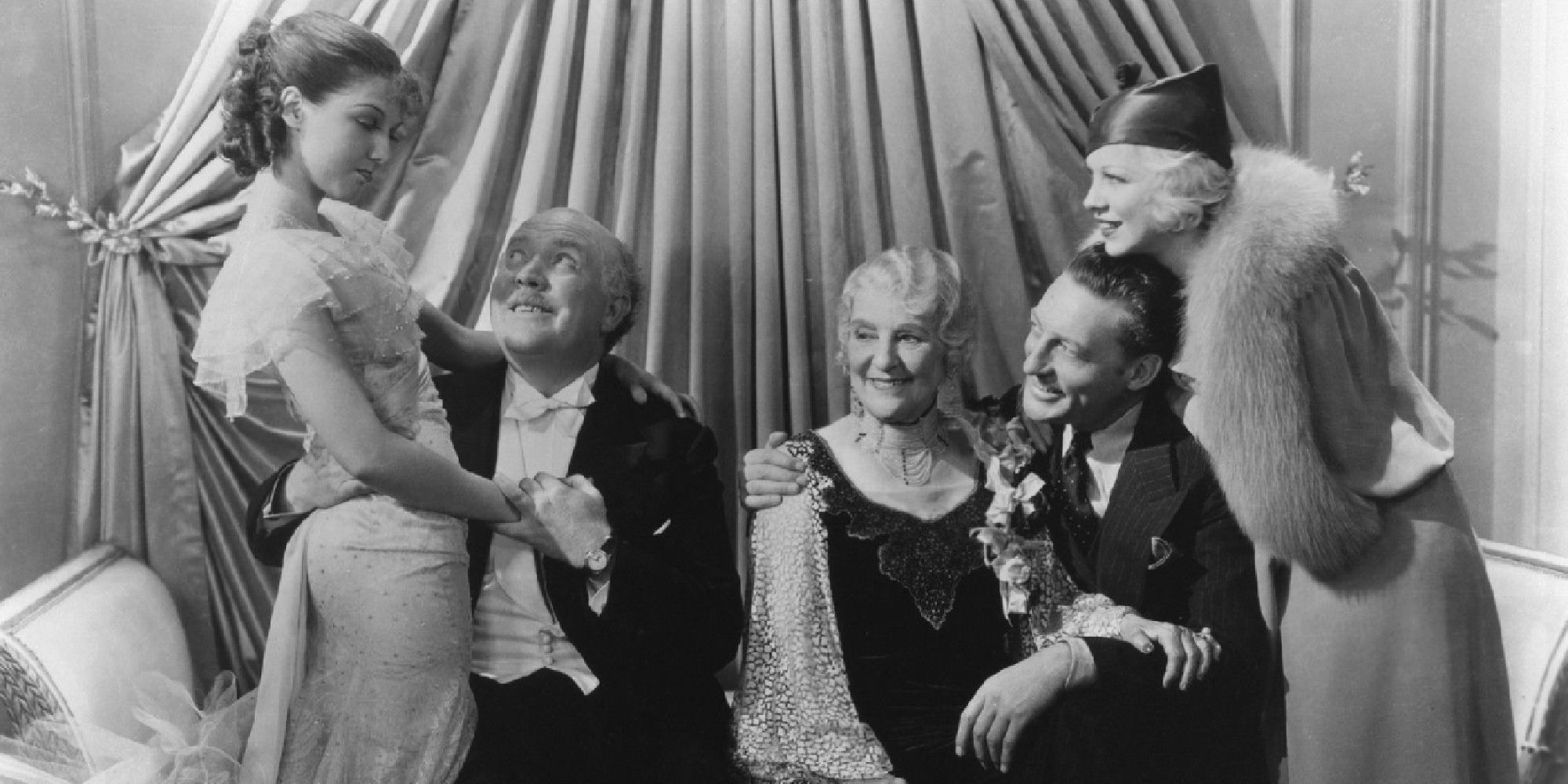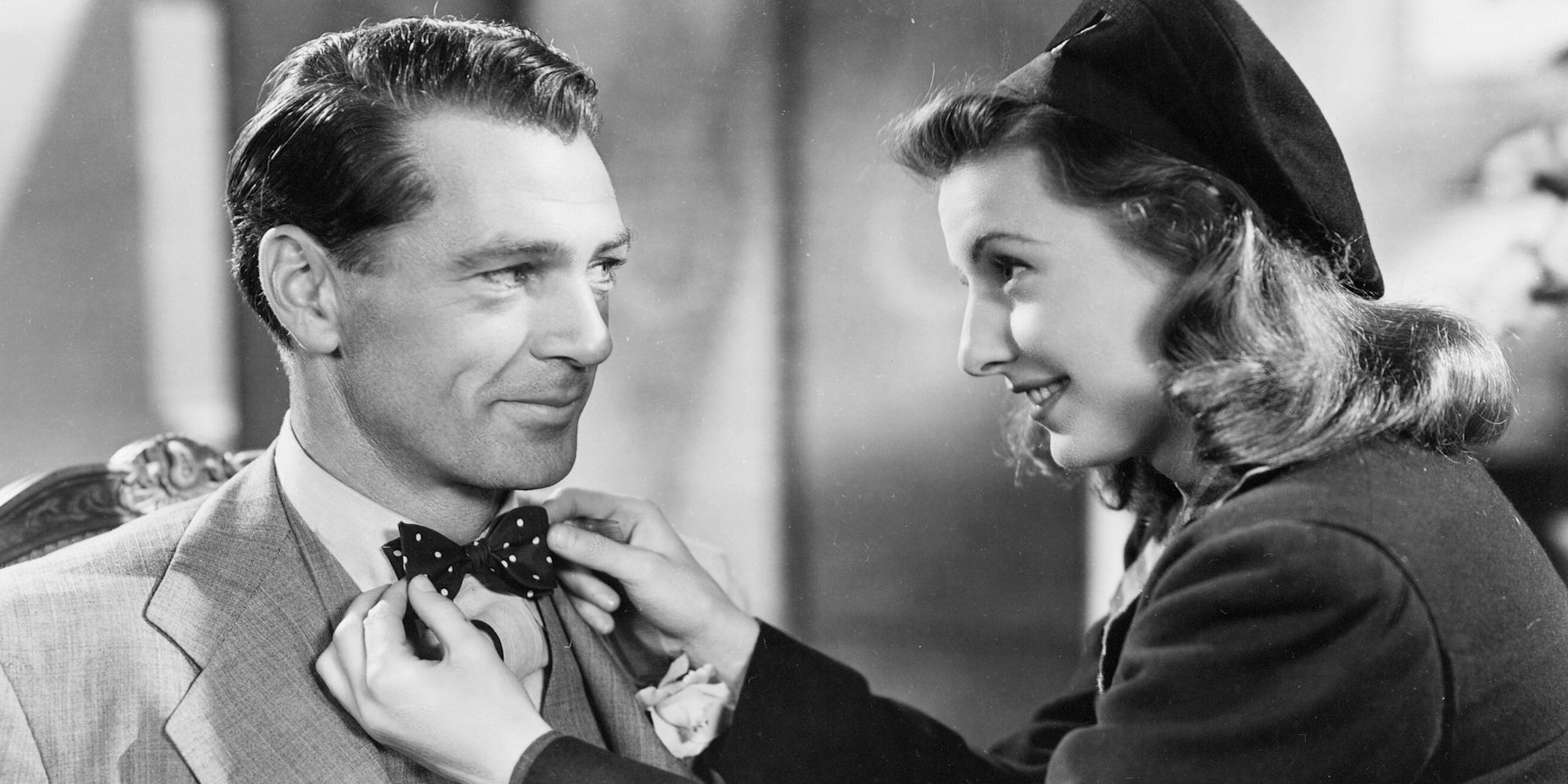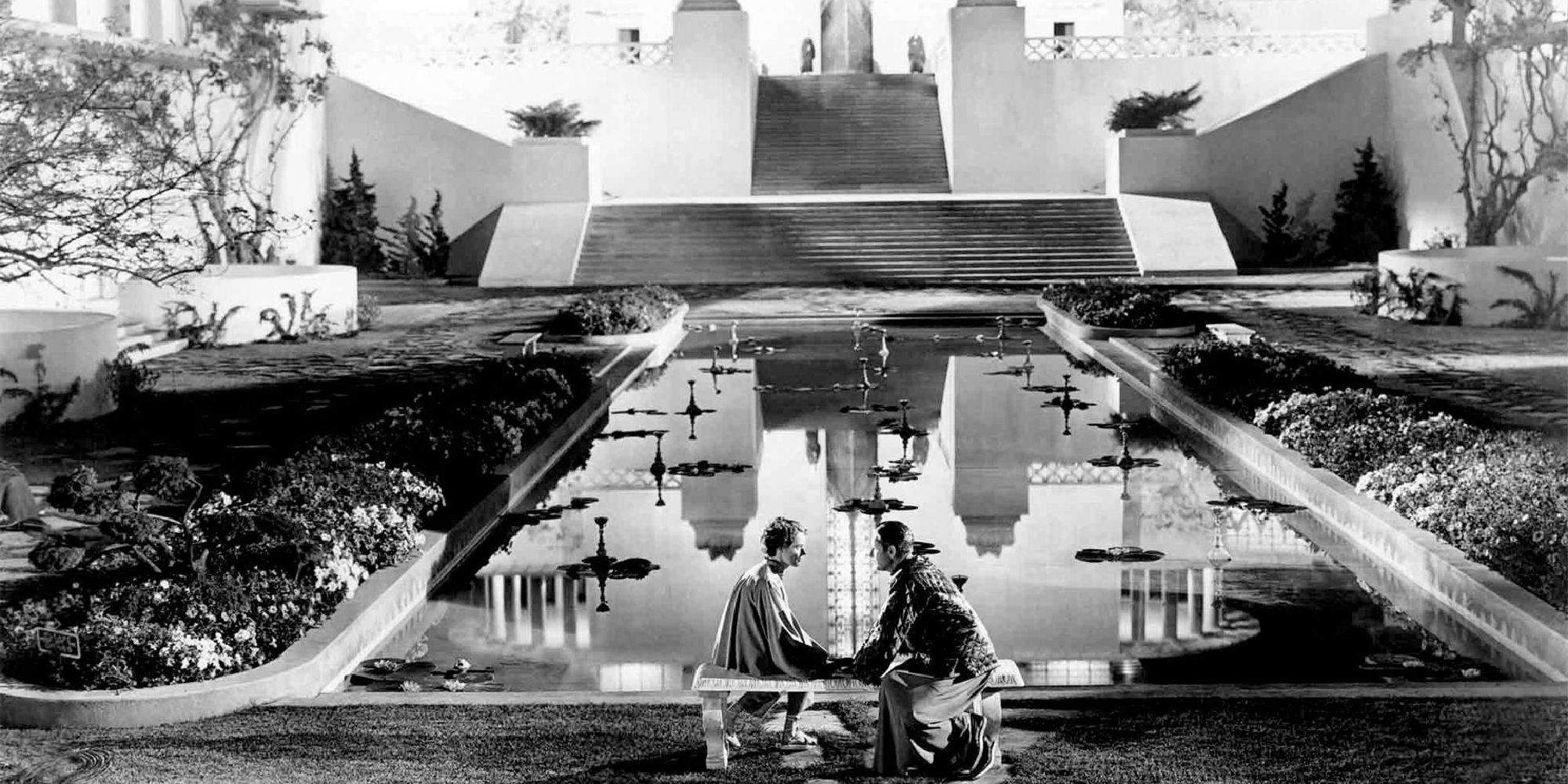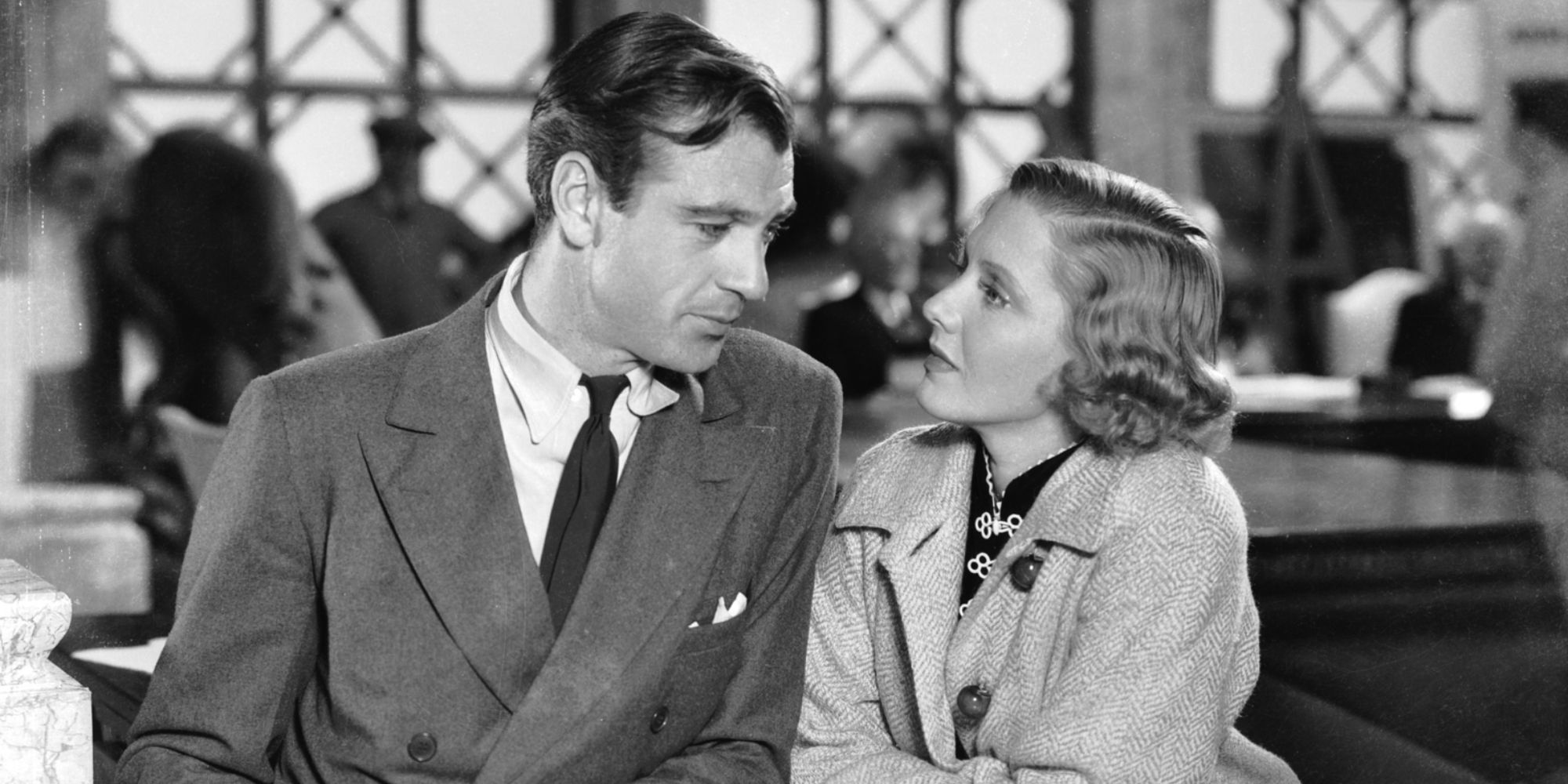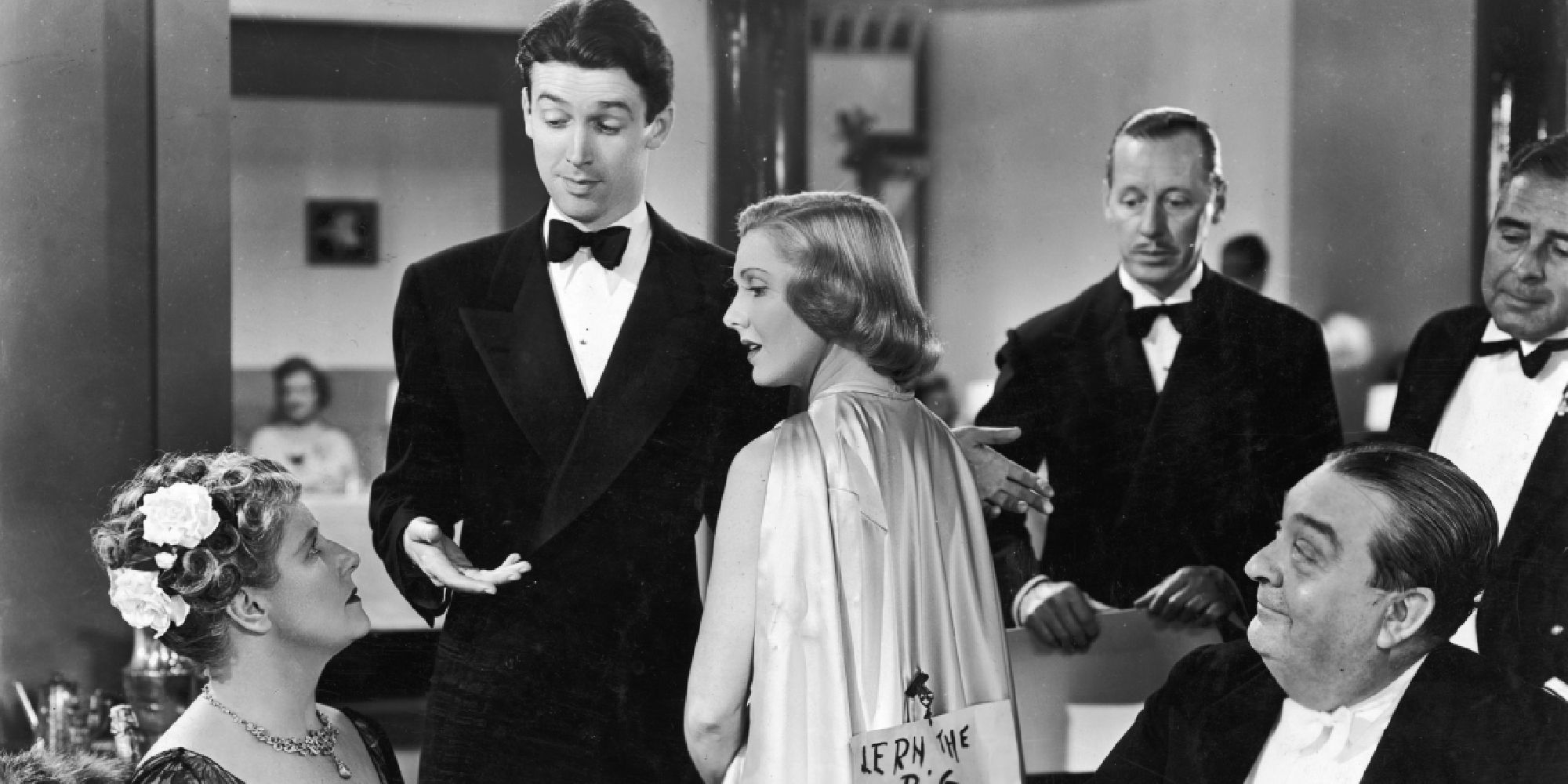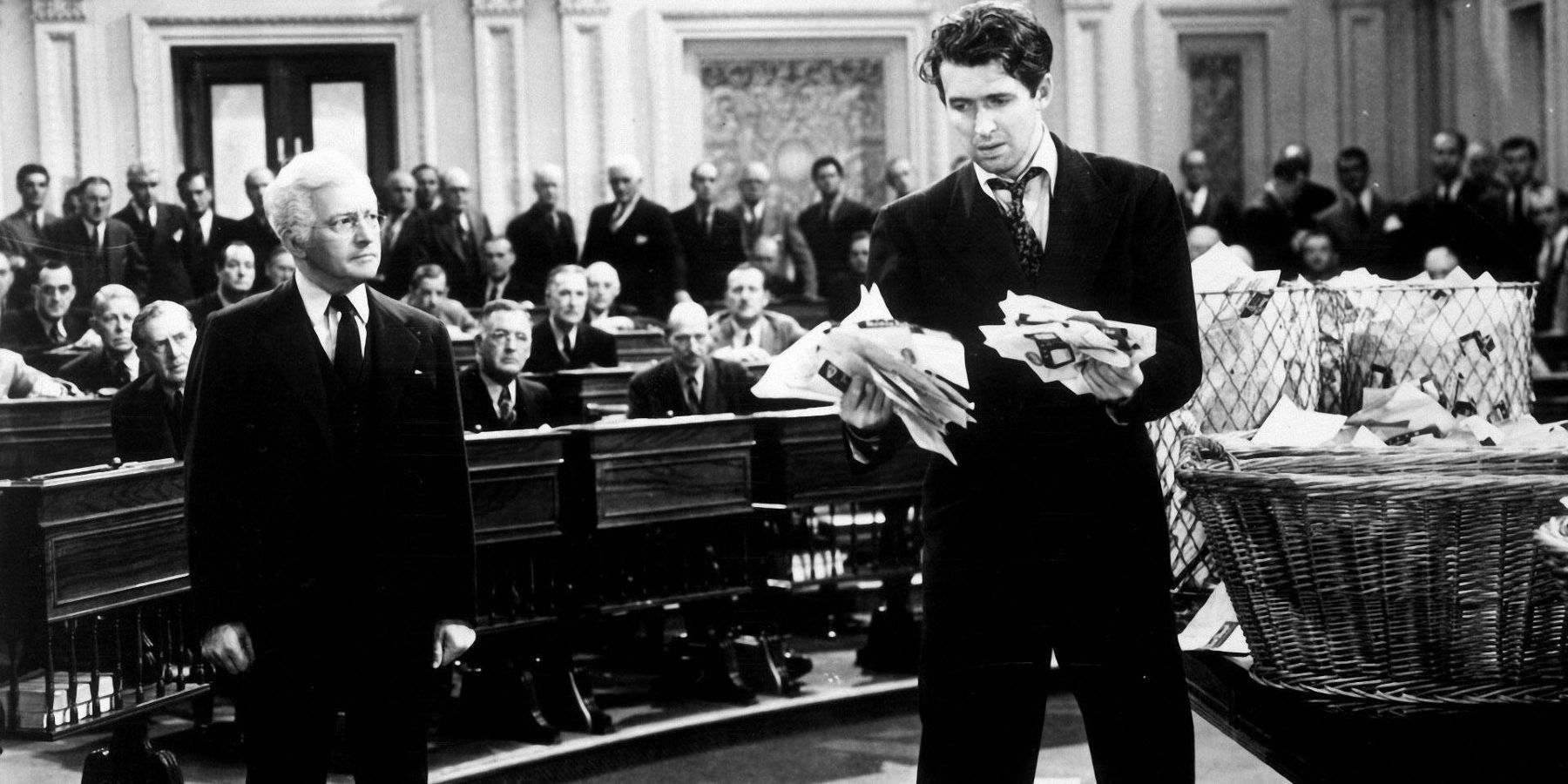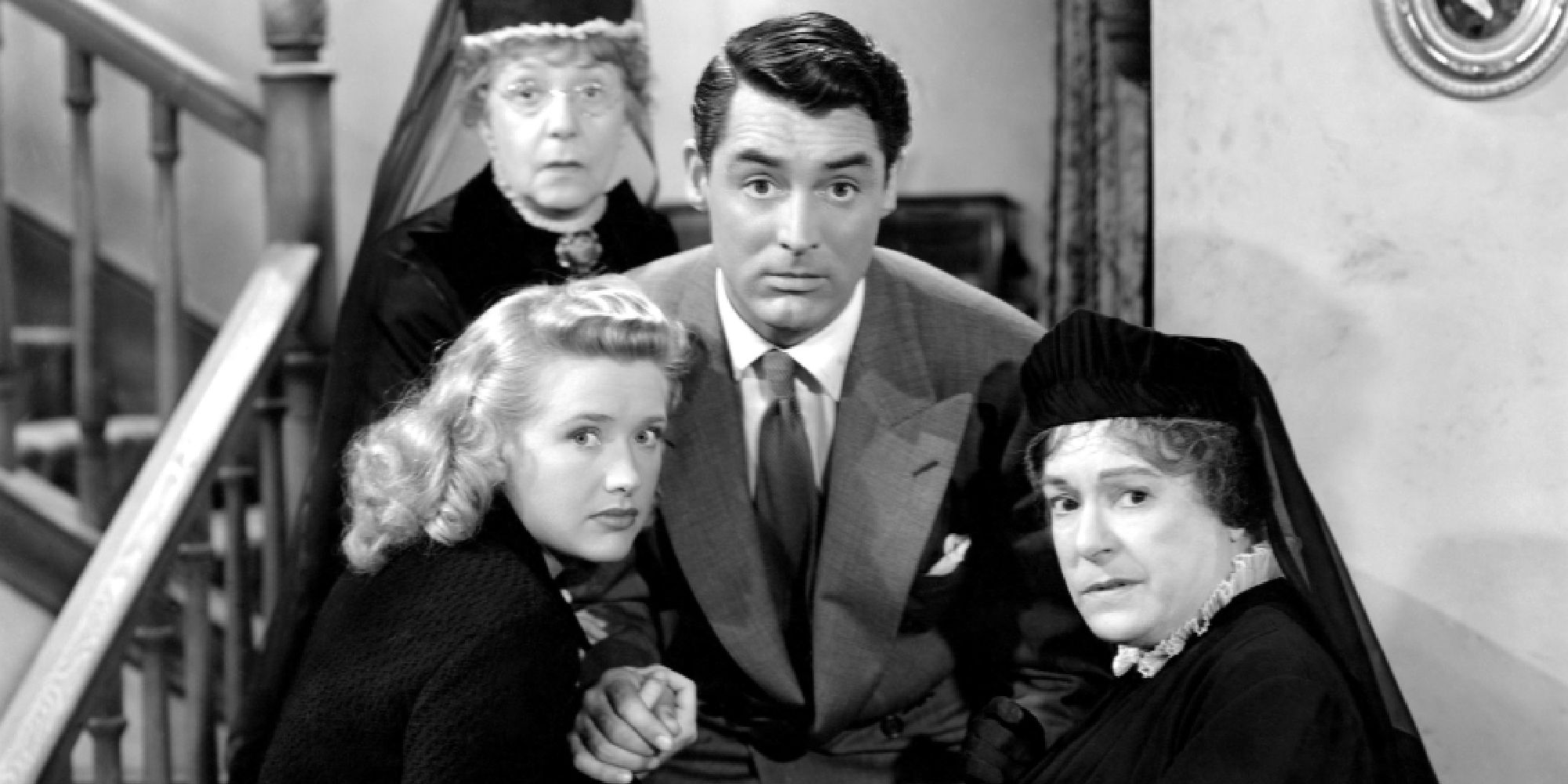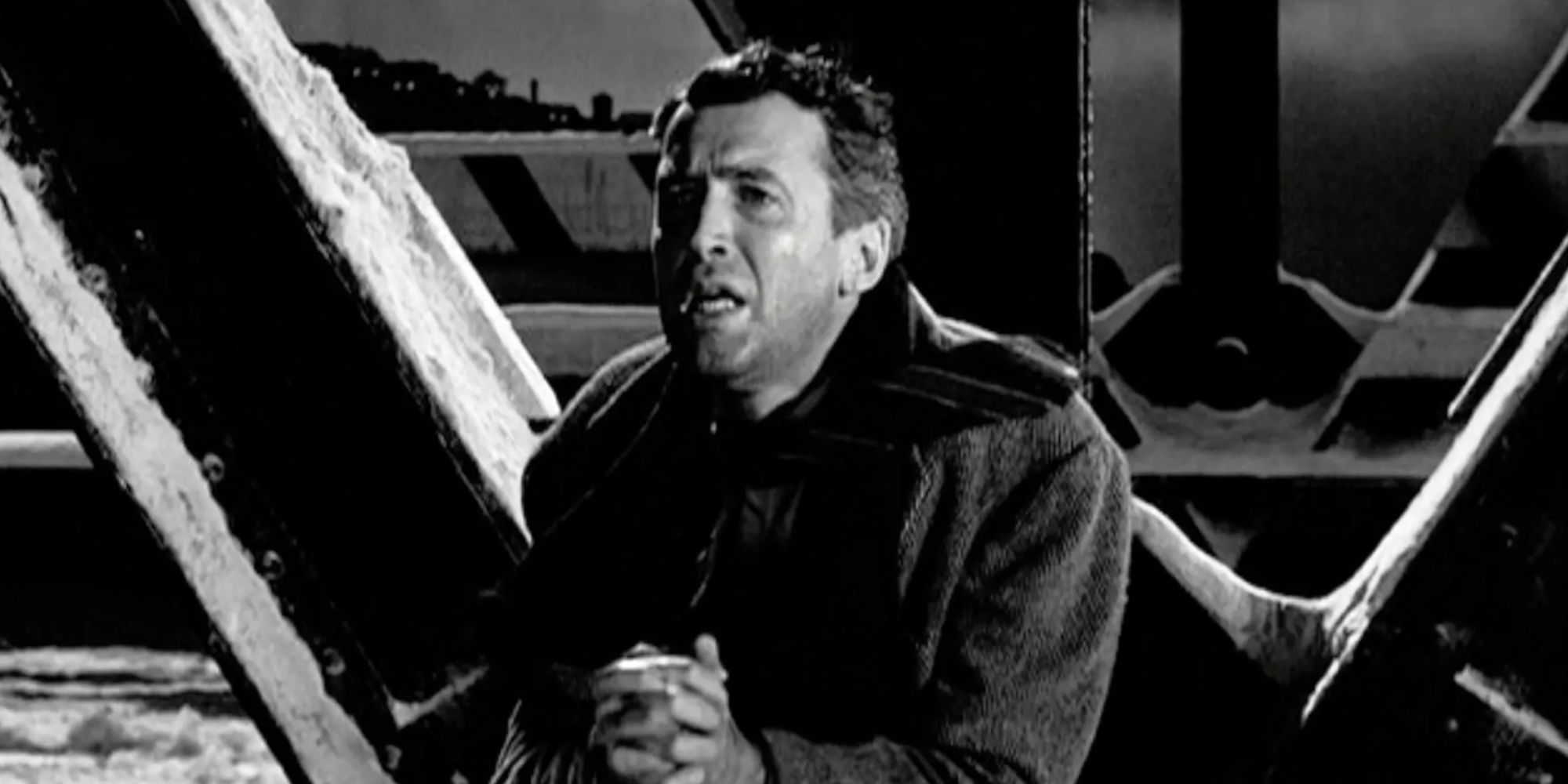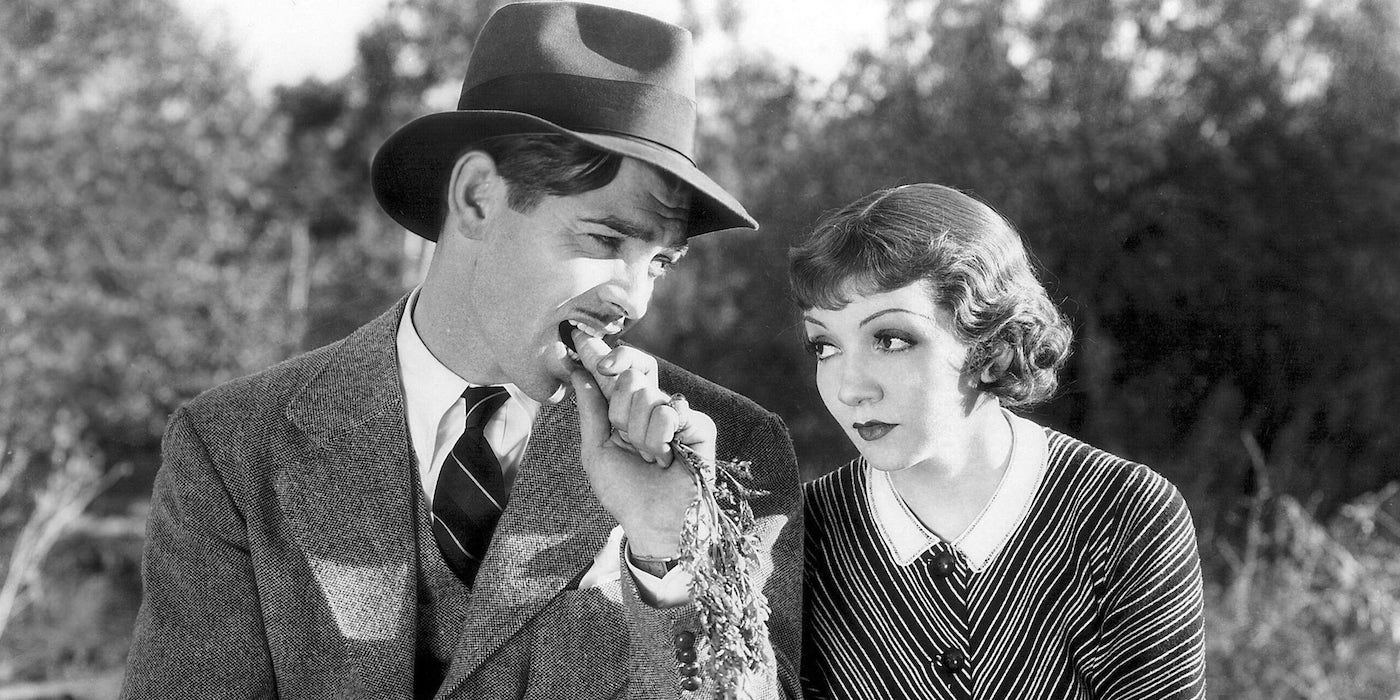Few filmmakers active during the Golden Age of Hollywood are quite as well-known and celebrated as Frank Capra. He first started making movies during the silent era, back in the early 1920s, and continued to work as a director for several more decades, eventually retiring in the mid-1960s. Throughout that time, he made a total of 50 feature films and documentaries, and proved to be very consistent when it came to the quality of his output.
His films are distinctly American, capturing the social, political, and cultural climates of the years they were made during. His best films are sometimes counted among the greatest cinematic works of all time, and many of his lesser-known films remain underrated and worth seeking out for fans of older movies. What follows aims to capture the best of Capra's work as a filmmaker, with his greatest films ranked below, beginning with the good and ending with the excellent.
15 'State of the Union' (1948)
State of the Union is one of many movies that starred both Spencer Tracy and Katharine Hepburn, a partnership that began in 1942 and ended in 1967 with Guess Who's Coming to Dinner. It's about an industrialist who attempts to run for President, only to run into various issues along the way, particularly when it comes to his marriage and family life.
It's far from the only film Capra made that involved politics in its storyline, but that was something he proved good at handling, making movies surrounding the topic that were both thought-provoking and accessible. State of the Union is certainly very direct and maybe a little quaint, but it's undeniably well-acted, and a solid blend of comedy, romance, and drama.
14 'Why We Fight: The Battle of Russia' (1943)
After 1942's Prelude to War, Frank Capra directed (or co-directed) several other films about World War II; all documentaries, and some that also could be classified as propaganda. Why We Fight: The Battle of Russia might be the best of all the documentaries he made during the conflict, with his co-director here being Anatole Litvak, who also co-directed Prelude to War.
It doesn't feel as much like it's intensely persuading anyone this time around, instead mostly serving as a surprisingly comprehensive history of Russia's history of war, naturally focusing mostly on the first half of World War II. It's compelling and feels informative, and it's also surprising to view an American film that takes such a positive view of Soviet Russia just a few years before the Cold War really began.
13 'American Madness' (1932)
It shouldn't be mixed up with the so-bad-it's-good cult classic Reefer Madness, though American Madness does have a similar name and was released in the same decade. It's somewhat unusual compared to other Frank Capra movies, given this one's a crime/gangster movie.
It follows a banker's life being thrown into chaos after one particularly stressful day, exploring how it impacts his livelihood and what he does to right various wrongs. At a lean 76 minutes, it's the kind of movie that flies by pretty quickly, and though it's not as well-known as some other 1930s gangster movies, it's still worth seeking out for fans of the genre.
12 'The Miracle Woman' (1931)
A heavy drama about religion and one's purpose in life, The Miracle Woman is yet another Capra + Stanwyck movie. The premise is about a young woman doing an R.E.M. and losing her religion, seeing as her faith in God is tested after the sudden death of her minister father.
Her life takes a turn for the worse, and she ends up getting into a relationship with a con man before meeting another individual proves to be something that could offer salvation. It's one of the more serious Frank Capra films, but has a certain amount of power - and empathy, of course - that makes it stand out among his early films.
11 'Pocketful of Miracles' (1961)
For his final film, Frank Capra made another movie with a title that referenced miracle(s), released 30 years on from The Miracle Woman. That film was Pocketful of Miracles, and being a dramedy, it also proved to be a little less grim, having a premise that sees a couple trying to convert a street beggar into a member of high society.
It's a film that's best enjoyed for its performances, with Capra assembling a strong cast for his last movie that includes Bette Davis, Glenn Ford, and Peter Falk. It's also notable for being a remake of one of Frank Capra's own movies (more on that in a bit), and for itself being remade as more of an action movie in 1989, with that film being directed by and starring Jackie Chan (simply titled Miracles).
10 'The Bitter Tea of General Yen' (1933)
The Bitter Tea of General Yen is a 1930s romance/drama film directed by Frank Capra, and one of his most acclaimed (including being one liked by acclaimed filmmaker Paul Thomas Anderson). It's about an American missionary and a Chinese general who holds her at his palace, being smitten with her while she initially doesn't feel the same.
Eventually, the attraction starts to turn mutual, though the romance itself was risky for the time, given it's an interracial relationship. Parts of the film haven't aged well, but it was something that felt daring for its time, and when judged as a movie that's as old as it is, The Bitter Tea of General Yen largely works.
9 'Lady for a Day' (1933)
Lady for a Day is the movie that Frank Capra later remade nearly three decades later with Pocketful of Miracles. As such, the premise here is similar, focusing on an older woman who has to pretend to belong to a higher class than she really does, to maintain an illusion when her daughter visits.
It's a solid blend of comedy and drama, especially for its time, and also stands out for being a film that contains one of the oldest first-time Oscar nominees of all time. May Robson earned her first Oscar nomination at the age of 75 for this film, and with her being born in 1858, she's also the earliest-born actress to ever receive a nomination at the Academy Awards.
8 'Meet John Doe' (1941)
Released during the decade when Frank Capra was perhaps at his most consistent, Meet John Doe represents yet another effective dramedy from the director. It's about a reporter who creates a stir after she's fired and publishes a fake article right before she leaves, leading to a whole situation that spirals drastically out of control.
It's yet another movie directed by Capra that featured Barbara Stanwyck in a starring role, and here, she was joined by fellow screen legend Gary Cooper. It's a clever film that unpacks journalism in a way that's darkly humorous, serving as an effective critique of media practices while also making sure things stay fun to watch.
7 'Lost Horizon' (1937)
Frank Capra usually made grounded movies that didn't contain science-fiction or fantasy elements, making something like Lost Horizon stand out considerably. It follows a group of plane crash survivors being rescued by a mysterious group of people who take them to a place named Shangri-la, which is an otherworldly location cut off from much of the outside world.
It serves as both a fantasy and adventure movie, though Capra uses the film to explore certain world issues of the time, particularly relating to the fact that the conflict which would later become World War II was brewing. The 1973 musical version of Lost Horizon should perhaps be avoided, but Capra's version stands as a minor classic within his body of work.
6 'Mr. Deeds Goes to Town' (1936)
Mr. Deeds Goes to Town is one of Frank Capra's best-known movies, and one that's also aged surprisingly well. It's about a man whose life changes when he inherits a small fortune, and finds himself needing to watch his step in life, given how many people target him for all the money and power he now has.
It takes its simple premise and explores it well, and still says enough about human nature and the complicated concept of money to remain engaging and interesting overall. It's also a movie that was surprisingly remade as an Adam Sandler comedy in 2002 (Mr. Deeds), which certainly isn't quite as good as the 1936 original.
5 'You Can't Take It with You' (1938)
Many of Frank Capra's best movies also feature the legendary James Stewart, 1938's You Can't Take It with You included. It's a romantic comedy about the clash between two families after they're joined by the partnership of one member of each, with future in-laws on one side clashing with future in-laws on the other side.
It's the kind of premise that's become popular for movies of this kind, making You Can't Take It with You a worthwhile watch for rom-com fans who want to see how it was done during cinema's early days. With plenty of heart and good-natured humor, it's a charming film that moves well and overall makes for a pleasantly fun watch.
4 'Mr. Smith Goes to Washington' (1939)
Not to be mixed up with Mr. Deeds Goes to Town, Mr. Smith Goes to Washington is about the titular Mr. Smith going to Washington D.C., which is naturally entirely different. Smith's played by James Stewart, and the movie's about him being elected to the United States Senate and clashing with various older, less idealistic senators there.
It's a fairly serious look at politics with some comedic relief provided, making it a dramedy that perhaps emphasizes the drama over the comedy. Still, this is what enables Mr. Smith Goes to Washington to pack the punch that it does, unpacking and critiquing the way politics is done in America in a way that holds up surprisingly well - and continues to feel topical - to this day.
3 'Arsenic and Old Lace' (1944)
Arsenic and Old Lace is a fantastic blend of a screwball comedy and a crime movie, with a farcical plot that's a blast to watch unfold over a chaotic two hours. It sees a man going to visit his aunts to tell them of his recent marriage, only to find that the two have a secret hobby that involves poisoning old men for kicks.
Its excellent and extremely funny script was probably very dark for audiences back in the 1940s, but watched nowadays, it genuinely feels like one of the funniest movies of its time. It's also boosted by containing one of Cary Grant's best performances, who shows here perhaps better than any other movie that he was one of the greatest comedic actors of his generation.
2 'It's a Wonderful Life' (1946)
It's a Wonderful Life is a Christmas movie classic, and one iconic film you'd be hard-pressed to find a critic of (it was even one of Akira Kurosawa's favorite movies). It tells the timeless story of a man who learns to find meaning in life after being dealt a series of bad hands, largely thanks to a fantastical sequence that sees him being shown what life in his town would be like had he never existed.
It's a very warm and endearing movie, and is undoubtedly the most famous movie Frank Capra ever made (and certainly up there with the most famous American films of its decade). It's earned the reputation it has for good reason, and will likely remain a staple of the holiday season for many until the end of time.
1 'It Happened One Night' (1934)
Though It's a Wonderful Life might be his most popular movie, It Happened One Night is perhaps his best overall, and certainly the one that got the most recognition from the Oscars. It's notable for winning the Big Five at the Academy Awards, and also being one of the few Best Picture winners that can't be described either fully or in part as a drama.
Instead, it's a romantic comedy, and one of the greatest/most influential of all time, depicting an eventful road trip between two people who initially can't stand each other, but are in love by the film's end. It might seem formulaic, but it helped define various tropes and storytelling devices in a way that one day made them formulaic, laying the groundwork and being a pivotal film within its genre that's still funny and romantic all these years later, and an all-around great movie.

